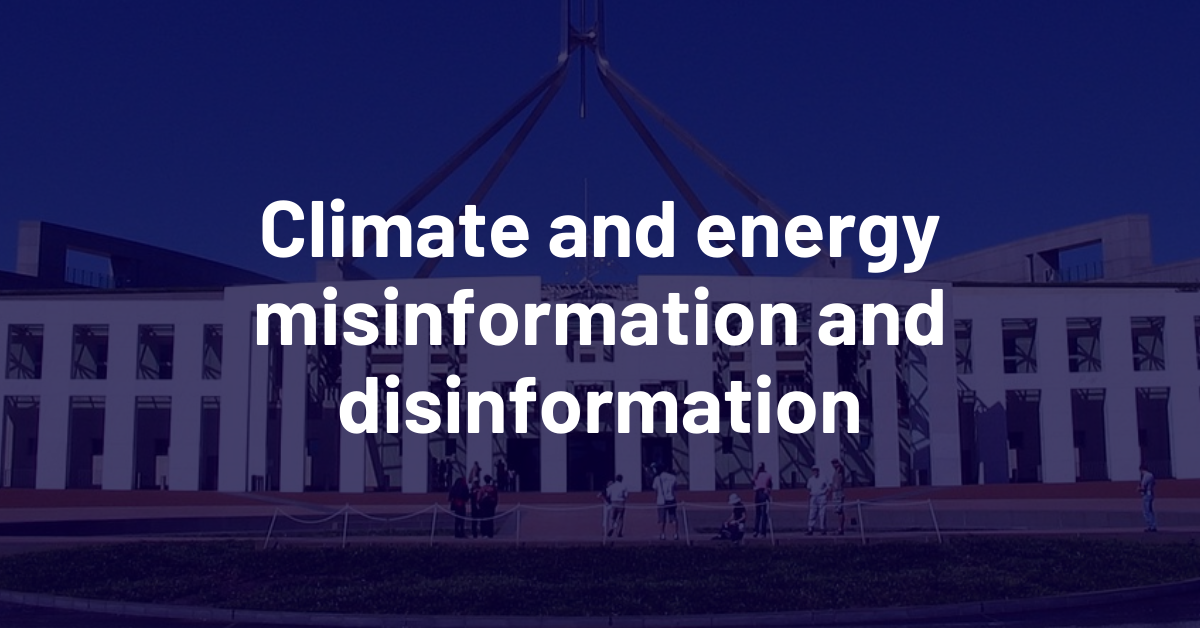Governments have a responsibility to help guarantee public access to healthy and diverse information and communications systems, and combating misinformation and disinformation, both in preventing the dissemination of false information and of countering this information after its circulation, requires a coordinated, multifaceted government response.
Central to this effort is support for the news media, particularly independent and local news outlets, which have proven especially effective in serving communities with trusted, evidence-based reporting as “misinformation and disinformation pervade our social feeds and threaten to undermine our democratic way of life” (Mandi Wicks in Parks et al., 2024). The absence of local news increases community vulnerability to misinformation, yet commercial or market factors make sustaining these outlets increasingly difficult.
To address this, independent newsrooms producing public interest journalism must be equipped with both capacity-building and regulatory support, enabling them to continue this vital democratic function while developing sustainable business models for the future.


